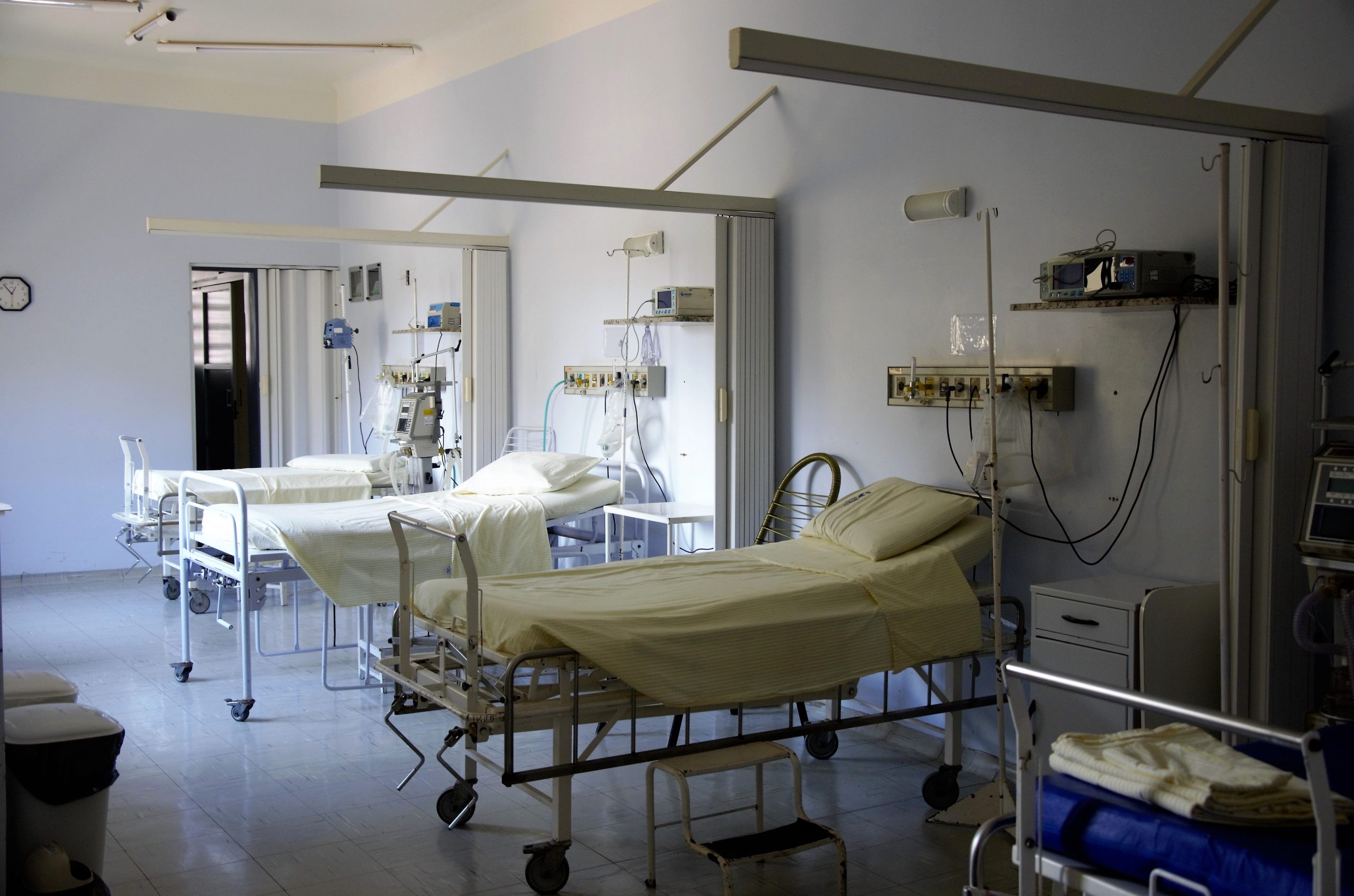WASHINGTON – The Africa Centres for Disease Control (Africa CDC) has received World Bank approval for a $100 million support program that will help strengthen the institution’s organizational framework and increase its technical capacity in order to increase assistance to African nations in anticipating, identifying, and responding to disease outbreaks and public health emergencies.
The initiative will support the development of regional competencies necessary to ensure a resilient and ready continent. It will accomplish this by assisting in the development and upkeep of a strong public health workforce throughout national health systems.
Earlier this year, AU member states granted the Africa CDC the status of an autonomous African Union health authority. This was carried out in line with the African Union’s (AU) Agenda 2063, which endorses health as a cornerstone agenda for achieving longer-term development goals.
The Africa Centres for Disease Control Support Program to Combat Current and Future Public Health Threats Project will be critical to supporting the Africa CDC as it transitions to an autonomous health body of the African Union and solidifies its role as a leading regional and global public health institution.
According to the acting Director of the Africa Centres for Disease Control, Dr Ahmed Ogwell Oum, Africa is changing the dynamic in its journey to realizing a new public health order.
“This project comes at a critical time as we focus on enhancing our support to the AU Member States on the health security agenda and standing up for our autonomous institution within the AU,” said Dr Ahmed Ogwell Ouma.
“We view this project but more importantly our partnership with the World Bank as extremely important, especially as the institution transitions. We look forward to collaborating with the World Bank and our partners to maximize the impact of this crucial investment in guaranteeing the future health of the continent.”
Importantly, the initiative will help Africa CDC strengthen and expand its institutional presence so that it can offer member countries professional support. The body will be in a better position to assist its Regional Collaborating Centers, which work closely with nations, regional economic communities, and partners to contextualize, implement, and network flagship programs like laboratories and surveillance throughout subregions.
Boutheina Guermazi, the World Bank Director for Regional Integration for Sub-Saharan Africa, the Middle East and Northern Africa, said that the World Bank’s investment in the Africa CDC underlines the Bank’s long-term commitment to supporting African-led regional institutions and Africa’s public health preparedness agenda.
“Diseases do not respect borders and must be tackled collectively, requiring trusted leadership at the regional level and strong health systems across the continent,” said Boutheina Guermazi.
A number of infectious disease outbreaks, including COVID-19, are currently affecting the African continent, and the risks for the future are growing. Recent assessments have revealed major gaps in African countries’ ability to prepare, which disproportionately harm their most vulnerable and poorest communities.
The initiative involves spending money to raise the number of epidemiologists and epidemic responders at the subregional and member state levels. Additionally, it entails enhancing leadership in relation to the manufacturing, research, and development agenda for vaccines, diagnostics, and treatments on a continental scale.

